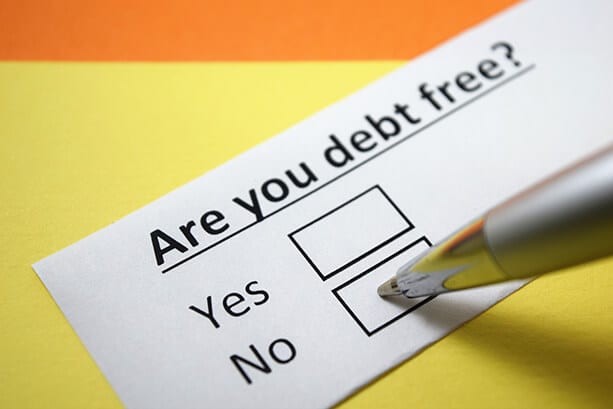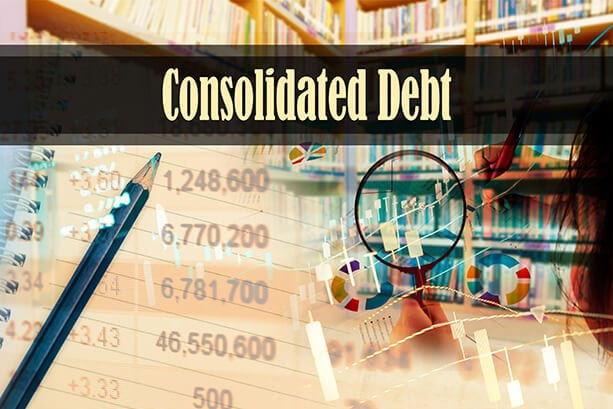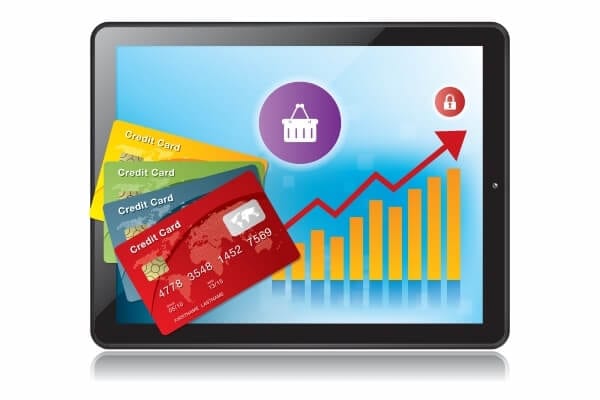Debt consolidation is regarded with kind eyes by many Aussies and often described as a solution to all of your problems. Just like the name says, debt consolidation refers to putting all of your debts together, in order to keep track of your payments easier. But perhaps you have questions about consolidating debt. Maybe you are unsure how it works and confused about how you can save money by choosing this finance option.
In this article, we reveal all!
Is Debt Consolidation the Right Choice for You?
If you’re making multiple payments per month, then you know by now that each comes with different interest rates and fees. In this case, yes, debt consolidation is the right call. Also, by consolidating your loans, you will always have to make one monthly payment, instead of sending money to a number of lenders.
Here are the top 6 questions about consolidating debt:
-
Can I combine my home loan with my personal loan?
Consolidation allows you to combine all of your loans into a single one, regardless of their type. Keeping track of your home loan, car loan, personal loan and so on can be tiring. This is a time-saving solution.
-
How will consolidation benefit my expenses?
Some loans have bigger interest rates than others. By combining them, you will have a fixed rate that you’ll pay monthly. This way, you’ll know exactly the amount you’ll have to repay, without also having to deal with various taxes and fees that accompany each loan.
-
Am I eligible for consolidation?
Everybody can choose to consolidate their debt. Still, check with your lender and see if your home loan allows you this option. If not, try to change the features or simply look into a refinancing that incorporates debt consolidation.
-
Is it better to pay my car loan in 30 years?
When you combine all your loans, you can choose to prolong the payments, in order to fit your home loan. Unfortunately, even though your rates will be lowered considerably, the interest fees will expand due to dividing the car loan for example, over a period of 30 years. You can adjust the debt consolidation to fit your needs.
-
Should I consolidate if I have bad credit?
This is actually the main reason why people consolidate their debts. Debt consolidation tells lenders that you have placed your affairs in order and are serious about improving your financial situation. Also, it will enhance your credit score.
-
How can the equity in my home help?
Through debt consolidation, the equity in your home can reduce significantly the interest rates you’re paying each month. Being a secured line of credit, a home equity loan will use the equity in your home as collateral, which can lead to a fixed and smaller interest rate.
If you’re having financial problems and can’t afford to pay back all your loans, expanding the loans over a longer period of time will help you get back on your feet by paying less each month. So, talk to your lender about this option.







